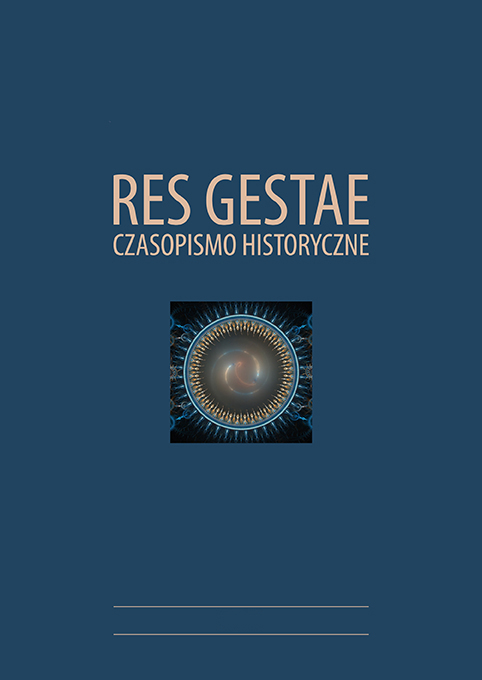The importance of Kuno von Klebersberg as Minister of Culture and Education (1922–1931) in Hungarian cultural policy
Main Article Content
Abstract
The Government of Hungary’s view of the transformed economic and political situation in the new country can be vividly presented through the main features of Hungary’s cultural and educational policy in the 1920s. The government tried to find a way out of the national shock caused by the Treaty of Trianon by focusing on and promoting the quality and quantity of education, culture, and training, although revenge was still at the front of their minds. This bipolar process of swing -
ing between past and future was led by Klebelsberg, who, as Minister of Education, headed the Ministry of Religion and Education from June 16, 1922, to August 14, 1931. Through his work and speeches, we can learn much about the spirit of the time, the main currents in politics and humanities, people’s thoughts about the Treaty of Trianon, and the ways it was dealt with - and it should also be emphasized that his work and the spirit of the time can still be felt today. Our most important research method is the processing of historical sources and, of course, the use of relevant specialist literature.
Article Details
|

